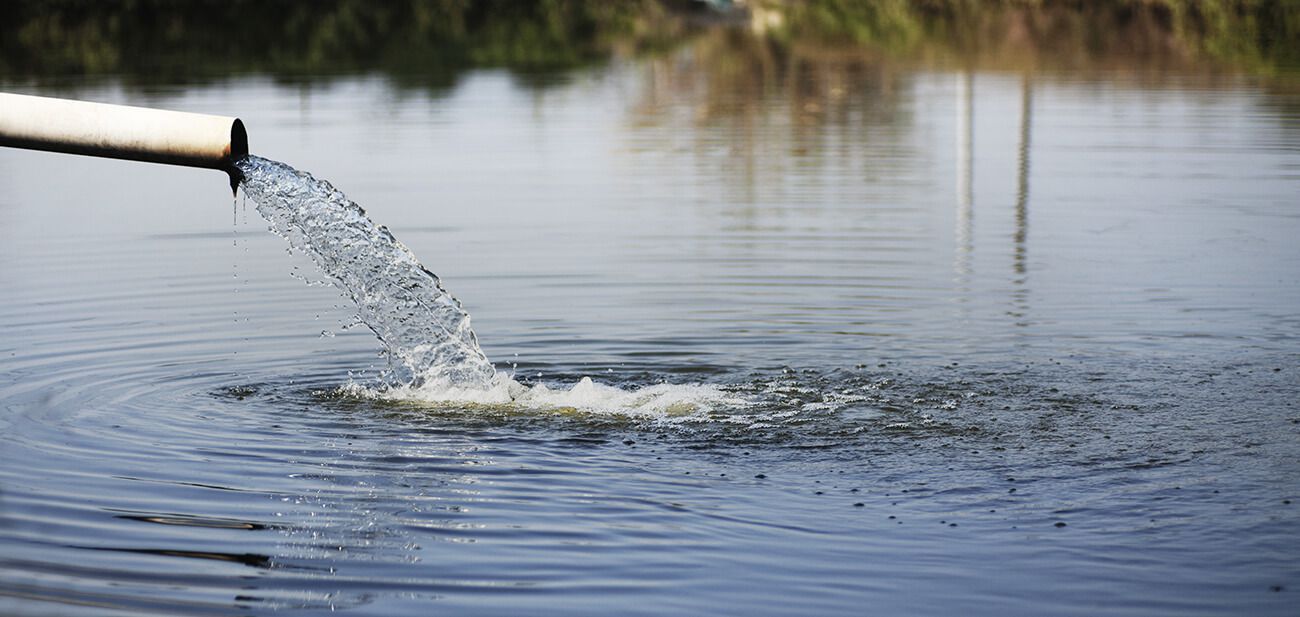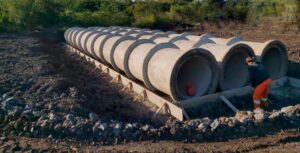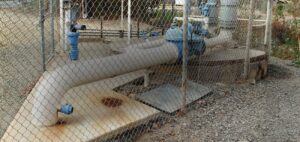
A well casing is essential for maintaining a clean and reliable water supply, acting as a protective barrier that keeps contaminants out while stabilizing the well structure. Regular maintenance of the well casing pipe is vital for ensuring safe, consistent water flow, which is why G3SoilWorks emphasizes the importance of caring for this critical component. Made from materials such as steel, PVC, or concrete, well casings are durable but can experience wear and tear over time, necessitating repairs to maintain a healthy water system. Understanding the purpose and maintenance of these casings can help you make informed decisions to safeguard your water supply.
It is a tubular structure that is installed within the well to support and stabilize it. It’s typically crafted from materials like concrete, PVC, or steel, each offering unique benefits in different soil and water conditions. The casing’s primary role is to prevent contamination from entering the well, while also supporting the structural integrity of the well itself. Whether a steel, PVC, or concrete water well casing, these pipes provide a vital defense against external contaminants, protecting your water supply.
When choosing a well casing material, it’s essential to consider the specific geological conditions and climate.
Each material’s unique strengths and weaknesses highlight the importance of consulting with professionals to select a casing type that aligns with both the well’s depth and local environmental conditions.
Due to environmental factors, material degradation, and regular usage, well casings may develop issues over time. Here are some of the most common problems:
Identifying issues with your well casing pipe early can prevent further damage. Key indicators include:
Repairing a well casing requires a comprehensive process handled by professionals. Key steps include:

Acting swiftly to repair your well casing pipe is essential to avoid water contamination, excessive repair costs, and potential well replacement. Timely repairs prevent harmful contaminants from entering your water supply, while also prolonging the life of your well system. A proactive approach to maintenance saves money in the long term and ensures the health and safety of your water.
Attempting DIY repairs on well casings can lead to greater risks. G3SoilWorks strongly advises hiring a licensed well contractor, who can properly assess and repair the casing. Professionals have the necessary equipment, knowledge, and experience to handle casing repairs safely and effectively, avoiding complications and ensuring the well operates as it should.
Regular professional inspections are essential for identifying early signs of wear and preventing major issues with your well casing. Here’s what a thorough inspection by a well professional typically includes:
Repair costs vary depending on the type of material, extent of the damage, and well depth. Simple patching may be affordable, while significant repairs, like replacing sections of a concrete water well casing, can be more costly. However, investing in regular repairs and maintenance can often be more economical than a full well replacement, saving you money over time.
Preventive care helps extend the life of your well casing pipe. Here are some essential tips:

Maintaining and repairing your well casing is essential for a safe, efficient water supply. G3SoilWorks recommends regular inspections, timely repairs, and preventive care to protect your water and prolong the life of your well system. If you suspect issues with your well casing pipe or concrete well casing, consult with a professional well service provider. By taking proactive steps, you can ensure a reliable water source and avoid costly replacements in the future. Call us at +1 714-668-5600 and connect with experts.
1. How often should I schedule a professional inspection for my water well casing?
A: Regular inspections are recommended at least once a year to identify any early signs of wear or potential issues. Additional check-ups may be needed after extreme weather events or if changes in water quality are noticed.
2. Can I replace just part of my water well casing, or is a full replacement necessary?
A: In many cases, a partial replacement is possible, especially if damage is localized to a specific section. A professional inspection will help determine if a partial repair is sufficient or if a full replacement is recommended.
3. What should I do if I notice a sudden change in my water’s taste or odor?
A: A sudden change in taste or odor can indicate contamination or casing damage. It’s best to stop using the water until it’s tested and consult a well professional to assess and address the issue.
Follow, engage, learn. Stop by our blog to see what’s happening at G3SoilWorks.
G3Soilworks – a full service geotechnical/ engineering geologic consulting firm serving clients since 2009 and delivering expert solutions with our highly experienced team and specialized consultants.
G3SoilWorks
350 Fischer Avenue Costa Mesa, CA 92626
Tel. 714.668.5600
E. info@g3soilworks.com